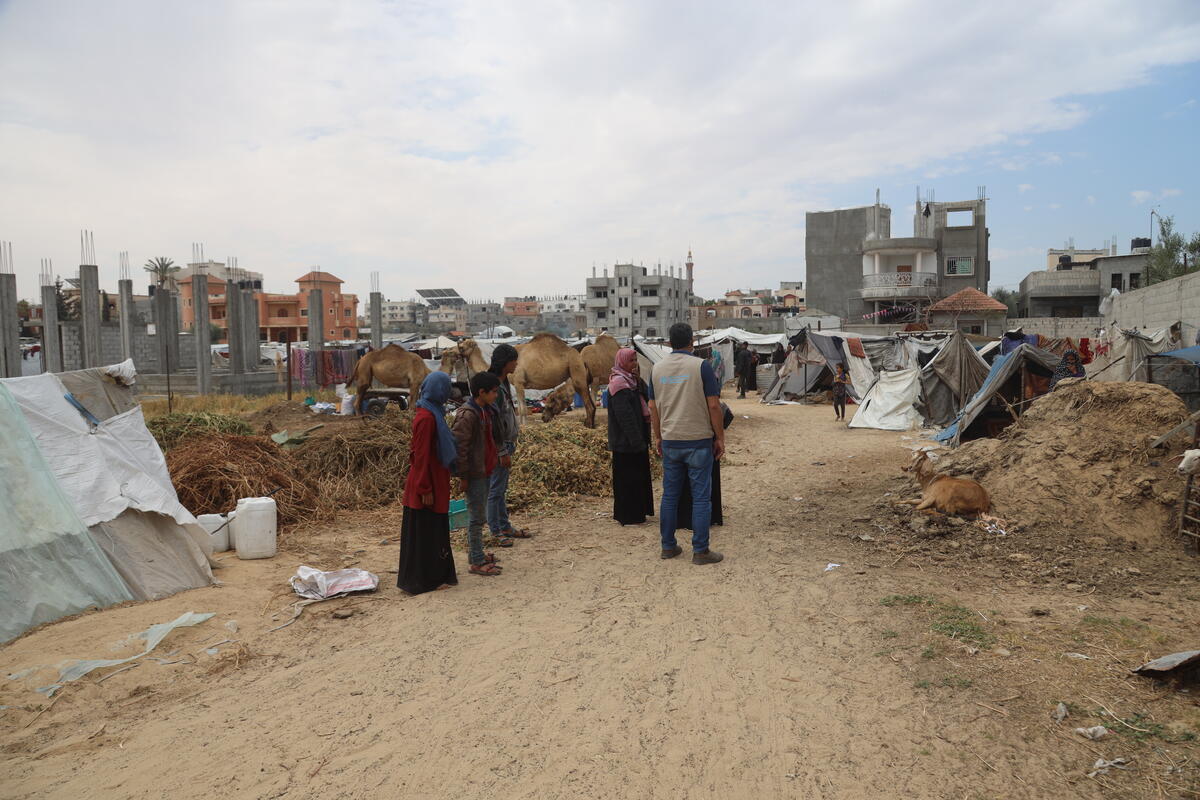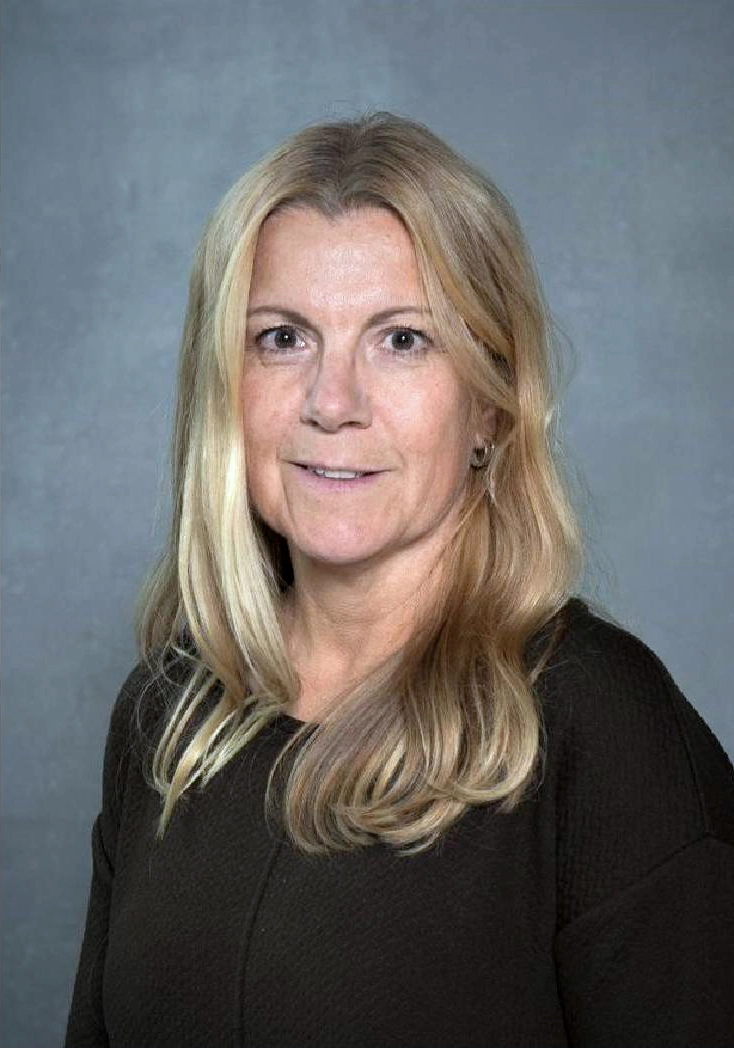New Zealanders living with the incurable blood cancer, multiple myeloma,1 are set to gain access to a new treatment option following the decision by PHARMAC to subsidise REVLIMID® (lenalidomide) for maintenance treatment from Wednesday April 1, 2020.2
REVLIMID® (lenalidomide) represents New Zealand’s first and only maintenance treatment specifically indicated and reimbursed for those with newly diagnosed multiple myeloma (NDMM) who have undergone an autologous stem cell transplant (ASCT).3
Consultant Haematologist and Myeloma New Zealand founder, Dr Ken Romeril, today welcomed the availability of a new treatment option for the incurable disease and called for continued timely and improved access to best practice treatment options for those living with multiple myeloma.
“The journey of multiple myeloma patients follows a pattern of Response, Remission and Relapse. Timely access to treatment options is therefore required throughout the patient journey, for both the newly diagnosed, and those who have already commenced therapy.
“Continuing to improve access to treatment may help to further improve quality of life and overall survival for New Zealanders living with multiple myeloma. We hope one day, this disease will be treated as a chronic rather than terminal disease,” Dr Romeril said.
Not to be confused with the skin cancer, melanoma, multiple myeloma is an incurable blood cancer that develops from plasma cells, a type of white blood cell found in the bone marrow.4, 5
Multiple myeloma represents New Zealand’s second most common blood cancer (after non-Hodgkin’s lymphoma). An estimated 2,500 New Zealanders currently live with myeloma, with higher rates among Māori and Pasifika communities.1
Due to the incurable nature of myeloma, the fear of relapse can carry a high emotional burden for patients, even during periods of remission.6, 7 With studies revealing more than half (52%) of those living with multiple myeloma experience symptoms of anxiety or depression,8 widening access to treatment and extending time spent in remission may help to improve psychological wellbeing.
According to Tania Crosbie, whose husband, Paul, was diagnosed with myeloma in 2014, the reimbursement of an additional treatment option for multiple myeloma is a long-awaited step-forward for the New Zealand myeloma community.
“For years, New Zealand has been lagging behind the rest of the world in the treatment of multiple myeloma, with therapy options financially out of reach for many families.
“The reimbursement of an additional treatment option in the maintenance setting is welcomed news for the myeloma community, as improved access to therapy options is what gives families, like ours, more time with their loved ones.
“We also hope to see more announcements in the coming months to address the very high unmet need for those myeloma patients with relapsed disease,” said Mrs Crosbie.
About multiple myeloma
Multiple myeloma is a cancer that develops from abnormal plasma cells. A plasma cell is a type of white blood cell found in the bone marrow, that forms part of the immune system and helps to protect against infection.9 The abnormal plasma cells crowd the bone marrow and make it difficult to produce enough normal blood cells.9
Multiple myeloma can be challenging to diagnose due to its wide range of symptoms, including high blood calcium levels, anaemia, fatigue, kidney failure, recurrent infections and bone pain.5
Current treatment for multiple myeloma includes a continuous approach, often comprising initial therapy, consolidation maintenance, and salvage therapy.10 Treatment options for multiple myeloma include chemotherapy, corticosteroids, autologous stem cell transplant (ASCT), immunomodulating drugs (IMiDs) monoclonal antibodies therapy, and proteasome inhibitors.11, 12
About REVLIMID® (lenalidomide)
Representing an oral medication approved for the treatment of relapsed myeloma over 10 years ago,13 REVLIMID® is an immunomodulating agent (IMiD) that slows the growth of multiple myeloma plasma tumour cells and proteins know to play a key role multiple myeloma, delays the development of new blood vessels, and enhances immune function.14
The most commonly reported side-effects of REVLIMID® include diarrhoea, constipation, nausea, vomiting, stomach pain, indigestion, dehydration, dry mouth, mouth ulcer, sore mouth, increase or decrease in weight, increase or decrease in appetite, loss of taste, itchiness, rash, redness of the skin, dry skin, bruising, excessive sweating, dizziness, fainting, headache, shaking or tremors, unusual weakness, night sweats, reduced sense of touch, difficulty sleeping, depression, anxiety, feeling of confusion, back pain, muscle spasms, muscle and/or joint pain, swollen joints, bone pain, muscular weakness, pain in the extremities, feeling tired, falling, swelling of hands, ankles or feet.15
Other possible side effects of REVLIMID® include heart palpitations or fast heartbeat, chest pains, dizziness or fainting, shortness of breath, weakness or reduced ability to exercise, bleeding (including nose-bleeds), bruising more than usual, numbness, tingling, blurred vision or difficulty seeing, passing large amounts of urine, excessive thirst, and having a dry mouth and skin, abnormal eye movements, convulsions, mood changes, irregular heart rhythms or tender swollen lymph nodes.15
All patients receiving REVLIMID® must be registered on, and abide by the requirements of, i-access® risk management program to avoid exposure to unborn babies, due to the potential for birth defects. It is important to note that a small number of patients with multiple myeloma may develop additional types of cancer, regardless of their type of therapy. At this stage, it cannot be excluded that this risk may be slightly increased with REVLIMID® maintenance treatment.15
Disclosure
Celgene supports disclosure and transparency on interactions between the healthcare industry and healthcare professionals to ensure public trust and confidence. No expert spokespeople have been offered compensation for their involvement in this media campaign. All expert spokespeople have been briefed on the approved use of these products and their obligations with regard to promotion to the general public. Dr Ken Romeril and Myeloma New Zealand have received funding from Celgene for projects unrelated to this announcement. All opinions expressed are their own.
About Celgene
Celgene, a Bristol-Myers Squibb Company, is an integrated global biopharmaceutical company engaged primarily in the discovery, development and commercialisation of innovative therapies for the treatment of cancer and inflammatory diseases, through next-generation solutions in protein homeostasis, immuno-oncology, epigenetics, immunology and neuro-inflammation.








